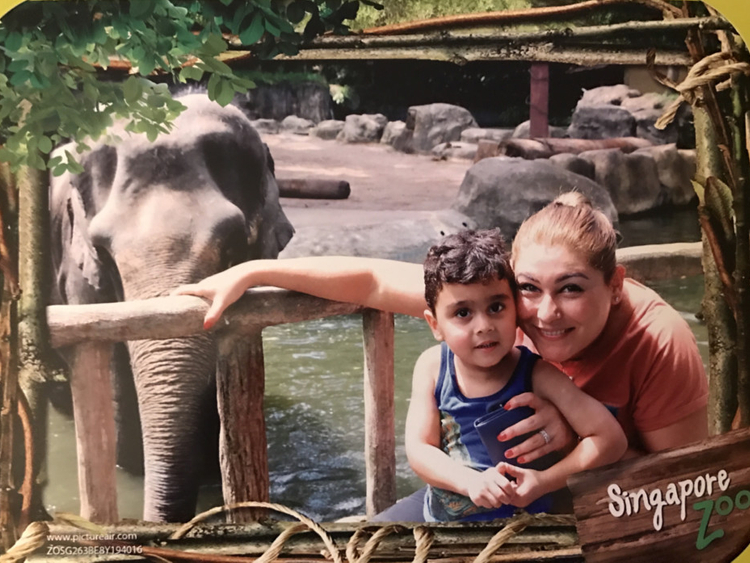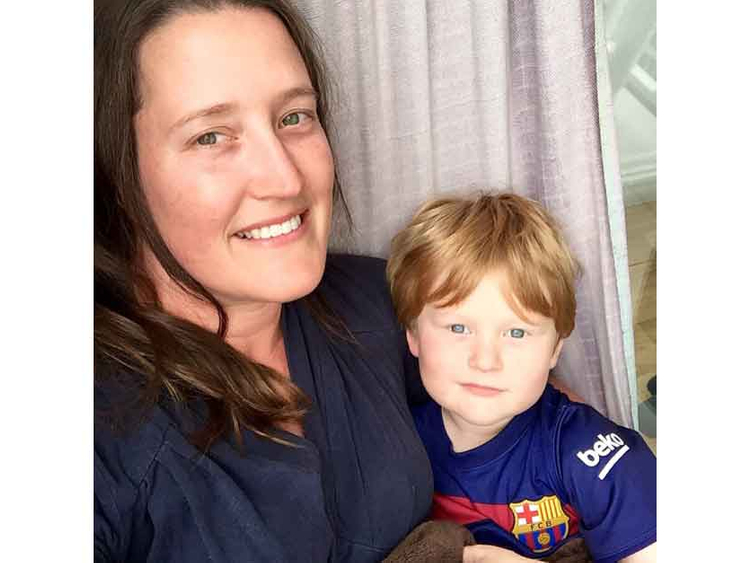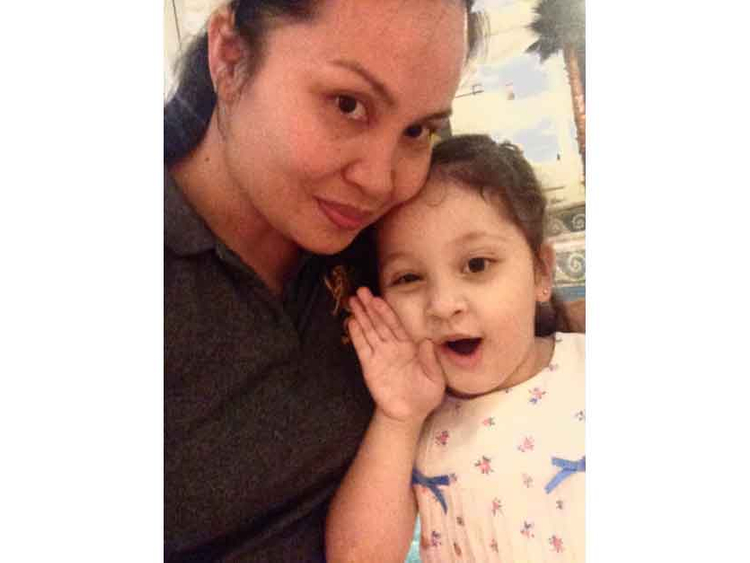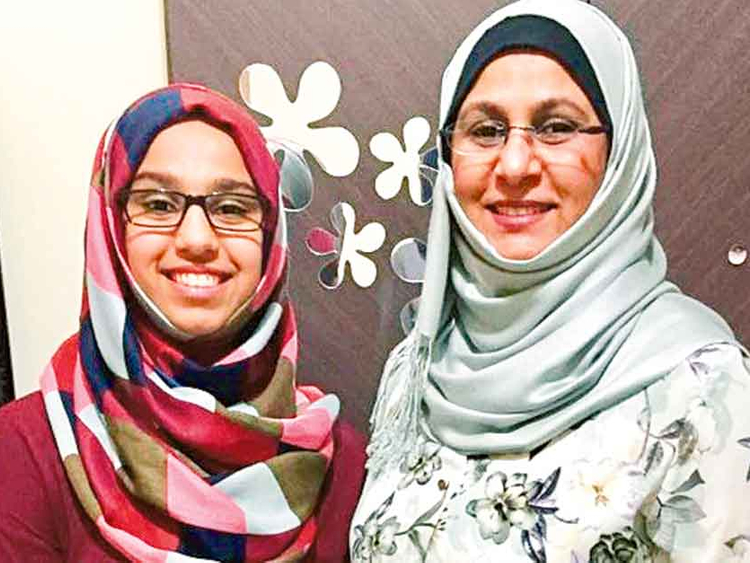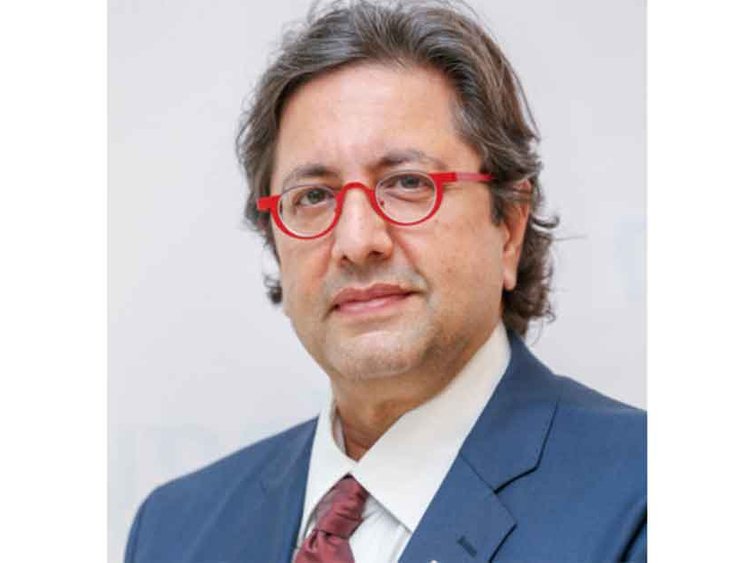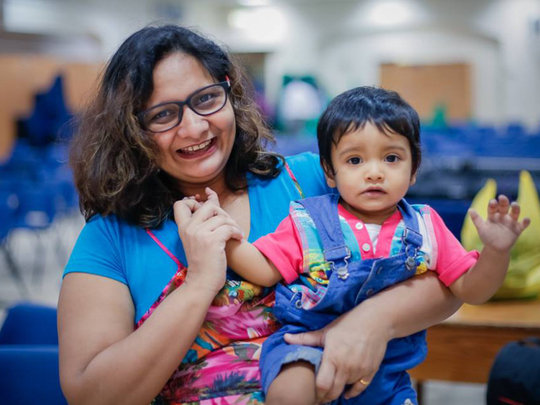
Dubai: Age is no longer a serious barrier to motherhood – and more and more women have caught on to this medical fact.
The number of middle-aged women having babies overtook younger mothers for the first time in the UK in 2015, as stated in a report published by The Guardian, a UK-based newspaper.
In 2012, women 50 years and older had 600 babies, up from 144 births in 1997, according to US-based Centres for Disease Control and Prevention.
Dr Gautam Allahbadia, an in-vitro fertilisation (IVF) consultant and head of the Aster IVF and Women’s Clinic in Dubai, said: “We are seeing this more and more over the past three years – many women are having children in their late 30’s. While some have chosen to focus on their careers, others have had re-marriages or late marriages and are starting their families later than usual.”
The optimal age for pregnancy is between 25 to 30 years, according to Dr Allahbadia. But those who “miss the bus” have more options available to them than ever before.
He said: “The best time to freeze your eggs is before the age of 35. The eggs can remain frozen for 25 years. Only about five years ago, there was about a 40 per cent chance that these eggs would survive the process. But with advancement in science and a process called cryotech vitrification, it now has a success rate of 99 per cent.”
Another medical marvel that’s helping older women have healthy children, is IVF Lite technology. Women who have not frozen their eggs can avail of this treatment in their late 30’s.
Dr Allahbadia said: “With conventional IVF, women would have to take 20-30 hormonal injections and it can be an aggressive treatment. But with IVF Lite, we give the patient fertility tablets instead of injections. All babies have pre-implantation genetic screening done, and parents are even able to choose the gender of the child. It’s a breakthrough for older mothers, who may just want one or two healthy children.”
Having children later in life is a rising trend, and one that is reflective of changing priorities for women, especially for those who work full-time.
Rondah Khazma Al Shab, an Australian national working in human resources in Dubai, had her first child at the age of 36.
She said: “I was a workaholic before I had a baby. I would send emails at all times of the day, even late at night. But, it then became more important for me to be there for my child when I got home. When you’re younger, you have more energy. But, you’re not mature enough to spend time educating your child and think ahead. When you are older, you are more comfortable with who you are, and you are able to give more to that child.”
If given the opportunity, Al Shab would work from home and believes that organisations are not doing enough for employees who are new mums. In her opinion, it would be economically viable for them to allow working mothers a little more flexibility.
Last year, Abu Dhabi increased its maternity leave allowance for government employees from 45 days to three months of fully-paid leave, along with two hours of daily leave for the first year, to provide an extended period of care for their newborns.
Women currently constitute 66 per cent of the public sector workforce in the UAE — the average global rate is at 48 per cent.
With women representing a formidable half of the world’s economy, why should they still have to choose between work and family, when they have a child?
Huma Shahzad, a Pakistani homemaker based in Dubai, had her youngest daughter when she was 37, and had to make a tough choice. She chose motherhood over her career in human resources, as it wasn’t possible for her to perform both roles simultaneously.
She said: “I think it is someone’s personal decision as to when they want to have a child. At the end of the day, it is the mother who cares for the child, not society.”
A 2009 study from US-based UC Berkeley’s Haas School of Business found that 28 per cent of women with Harvard MBAs had left the workforce 15 years after receiving their degree. The reason? Childbirth.
According to a study by US-based Pew Reasearch Centre, in 2013, over half of managerial and professional occupations were held by women.
Retaining this talent, especially when these older women decide to have children, is a no-brainer, according to American homemaker Kristin Fucik.
She said companies could do a lot more to make working mothers in their organisation feel valued.
The Dubai-based resident said she found it hard to juggle a full-time career and motherhood, and knows women who work 13 hours a day, despite having young children.
Fucik had her oldest child at the age of 23, but her youngest was born when she was 41. She said: “You want to do a lot when you’re younger, but as you grow older, you realise you have done most of those things and so, don’t have to give up too much. But, you have to find a balance and companies need to be more accommodating and offer flexible hours for working mothers.”
She believes having nurseries or daycare facilities on site at work would be beneficial, so women can drop off their children and even “feed them during the day”.
Emme Benida, a Filipina national working in the operations department of an IT firm in Dubai, was facing a hard time conceiving at the age of 36 and so decided to quit her job to reduce stress. When her daughter turned four, she went back to work. In her opinion, it is hard to be a working mother, even though companies can be accommodating. A mother would be worried about her child and “thinking about her all day”. So what is the solution?
She said: “If I had the privilege to work from home, I would take it. I would even take a pay cut if it meant spending more time with my daughter. Sometimes your work needs more of your time and it’s hard to manage that.”
So, it is hard to find that balance between motherhood and career, with one always demanding more attention in Benida’s experience. “To keep women on board, companies should ease up on working mums. This will be beneficial for them, too,” she added.
Even as older women are choosing to have children, an important factor in making that decision is a supportive spouse.
Leila Cooper, an American national working in the hospitality sector in Abu Dhabi, has always focused on her career, and worked through her pregnancy at the age of 36.
She said she often finds it hard to leave in the morning when her child is crying, but is glad that her husband, who is a stay-at-home father, is there for them.
With age comes a sense of knowing how much you can do, and the ability to resist the allure of being ‘superwoman’.
Cooper said: “Young mothers put a lot of pressure on themselves for things such as playdates. As an older mum, you are a little more laidback. I didn’t have to be stressed about other things that my younger friends worry about.”
For Neeta Bright, an Indian homemaker based in Dubai, the medical complications that come with having a child later than usual, hit home.
She had her first and only child at the age of 40, and went through a difficult pregnancy, during which, she was diagnosed with intracranial hypertension – a condition where pressure builds up within the spaces that surround the brain and spinal cord.
Bright said: “As I was breastfeeding, I couldn’t get the magnetic resonance imaging (MRI) done and this made the situation worse… When it was time to deliver, the doctors had to induce labour. When that didn’t work, and seeing that I was in a lot of pain, they decided to go for a cesarean.”
She believes younger mothers would have had an easier time of it, with better health and more energy on their side.
But three years later, Bright has no regrets. She said: “Children are a blessing. Despite all the pain, I am enjoying motherhood. If I had the financial means and my health allowed it, I would do it all over again.”


